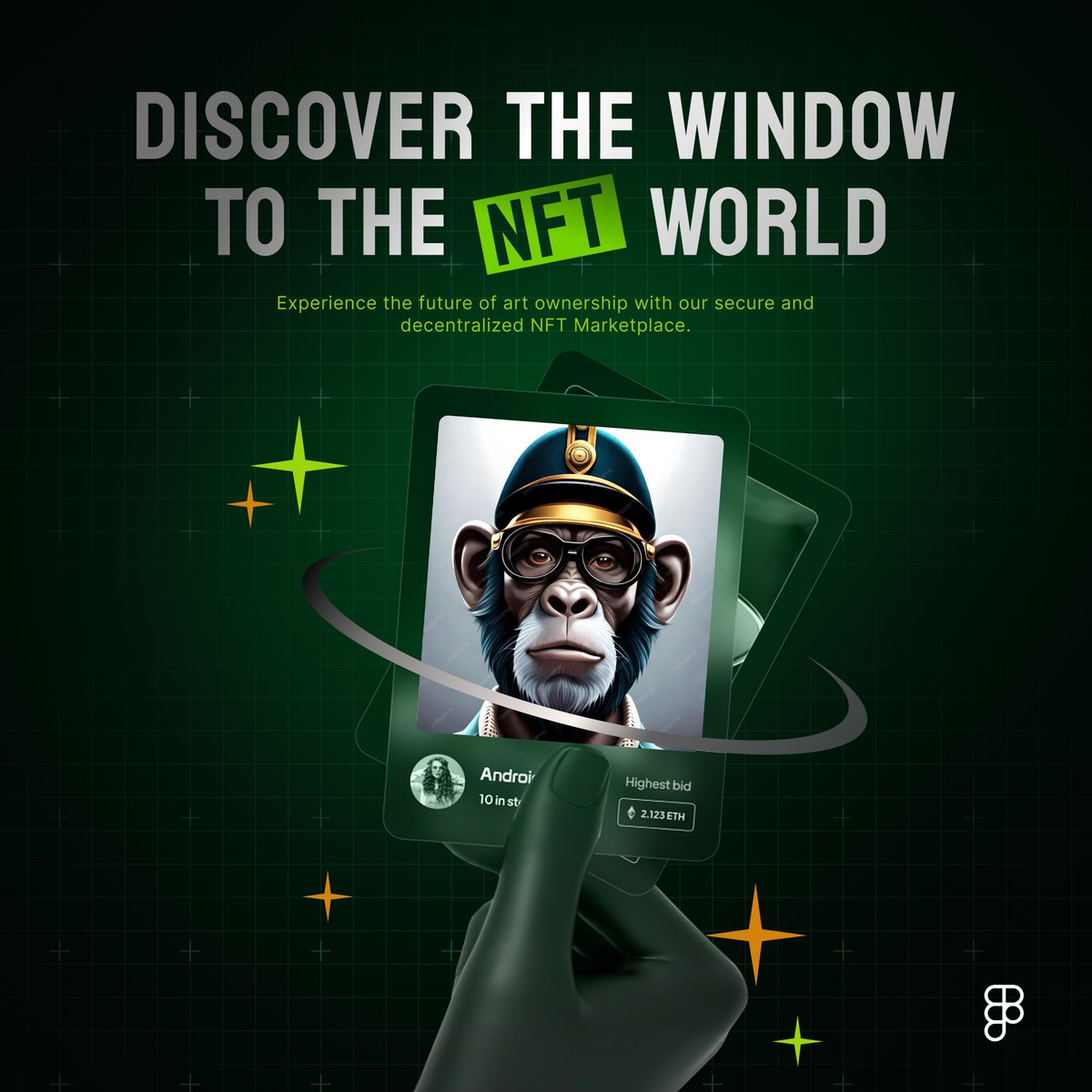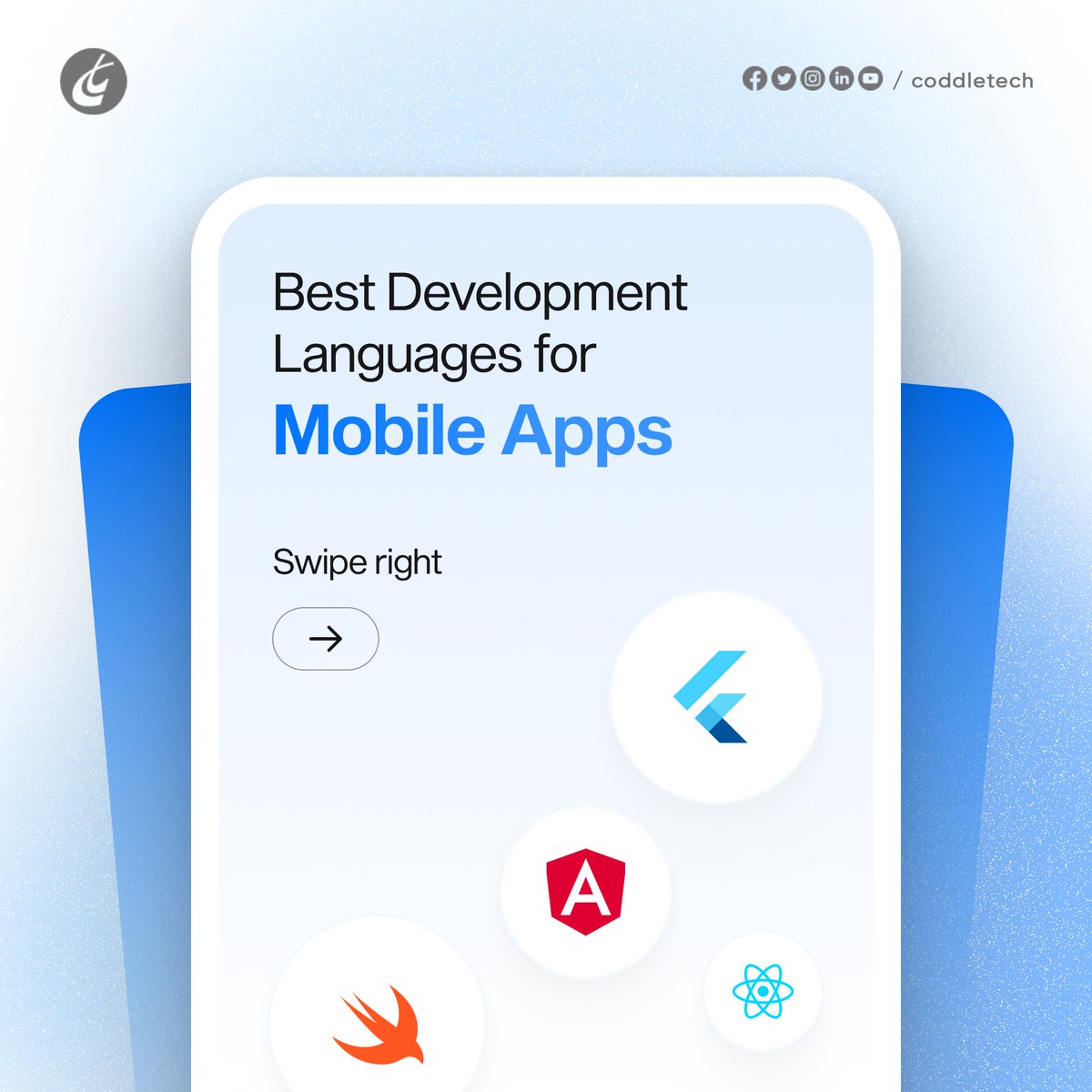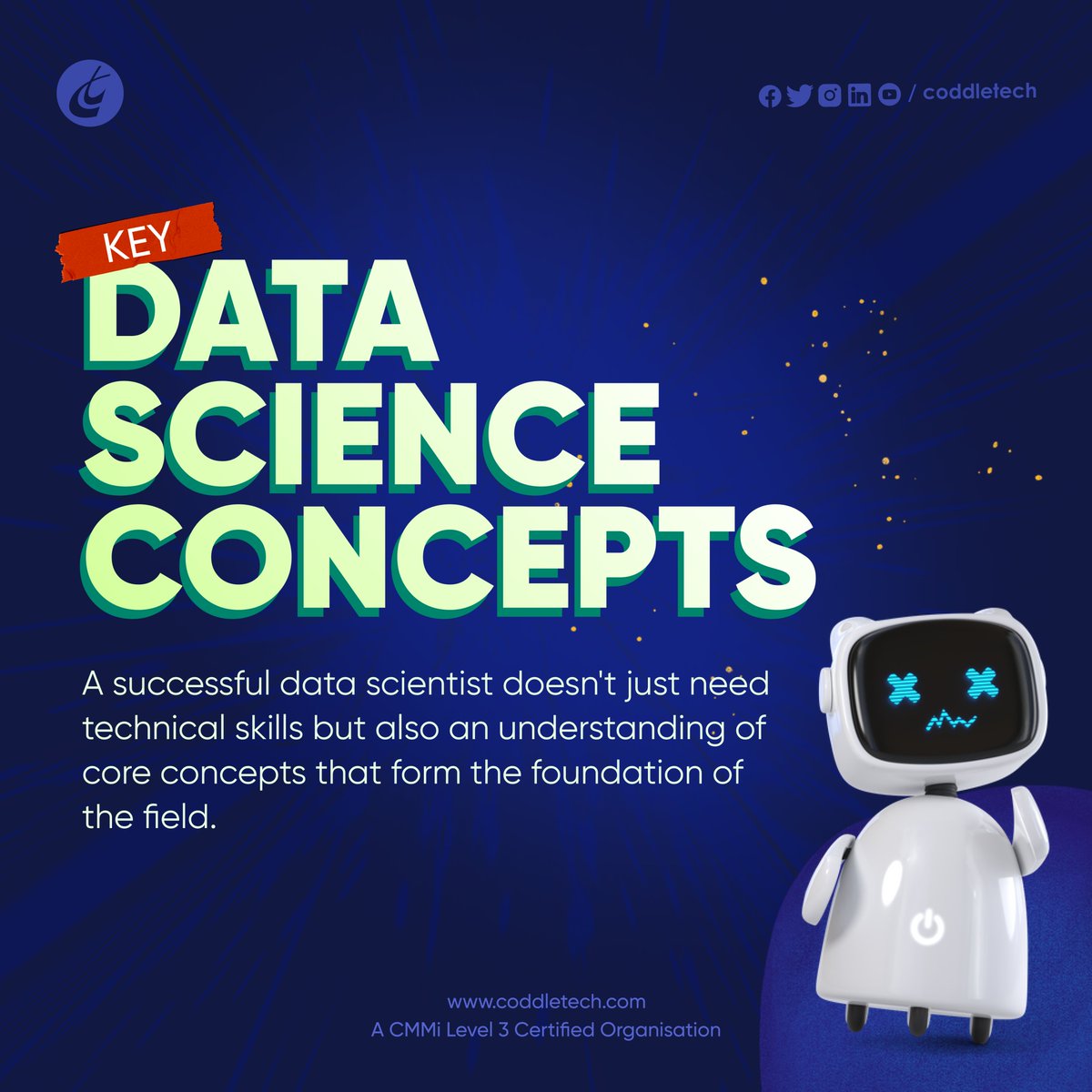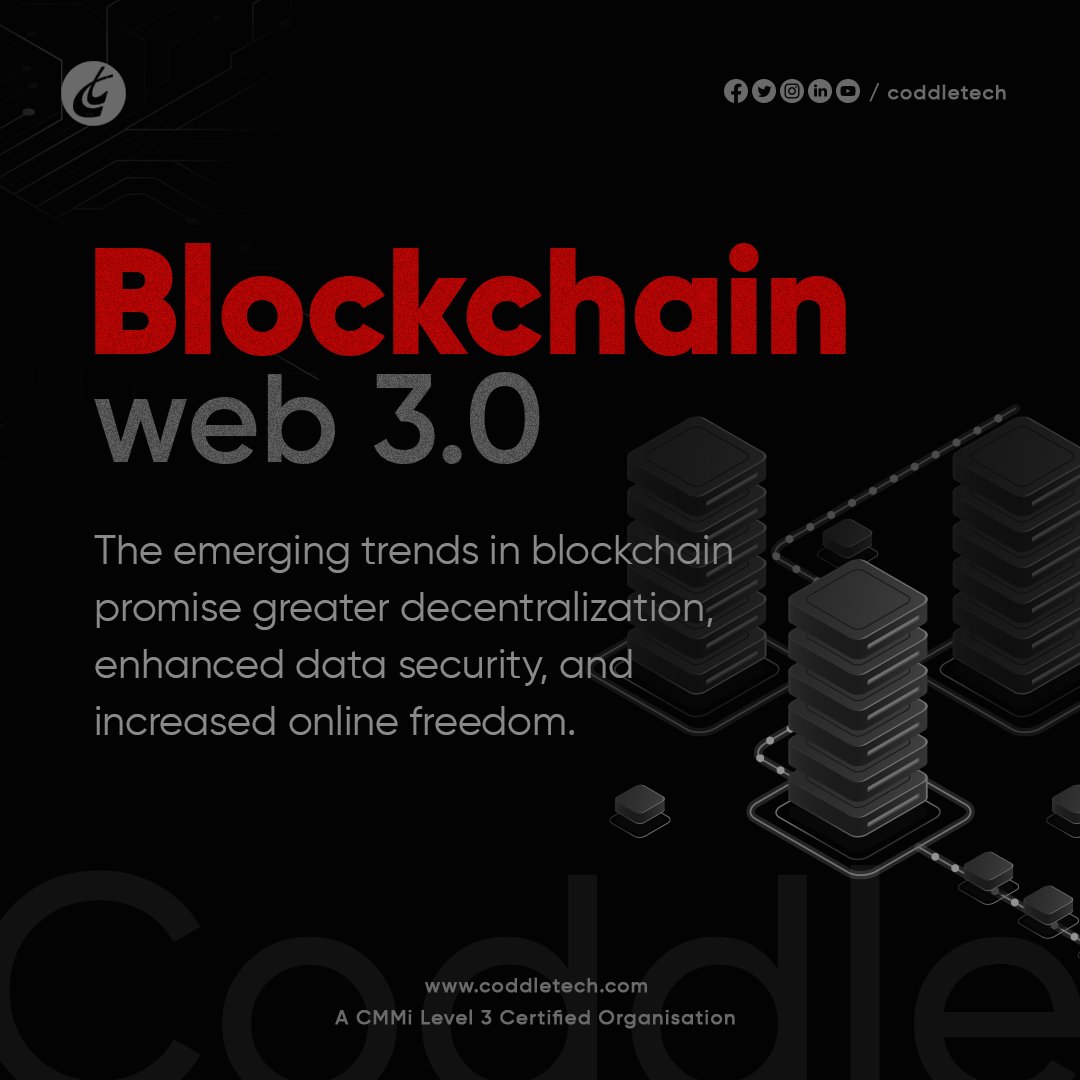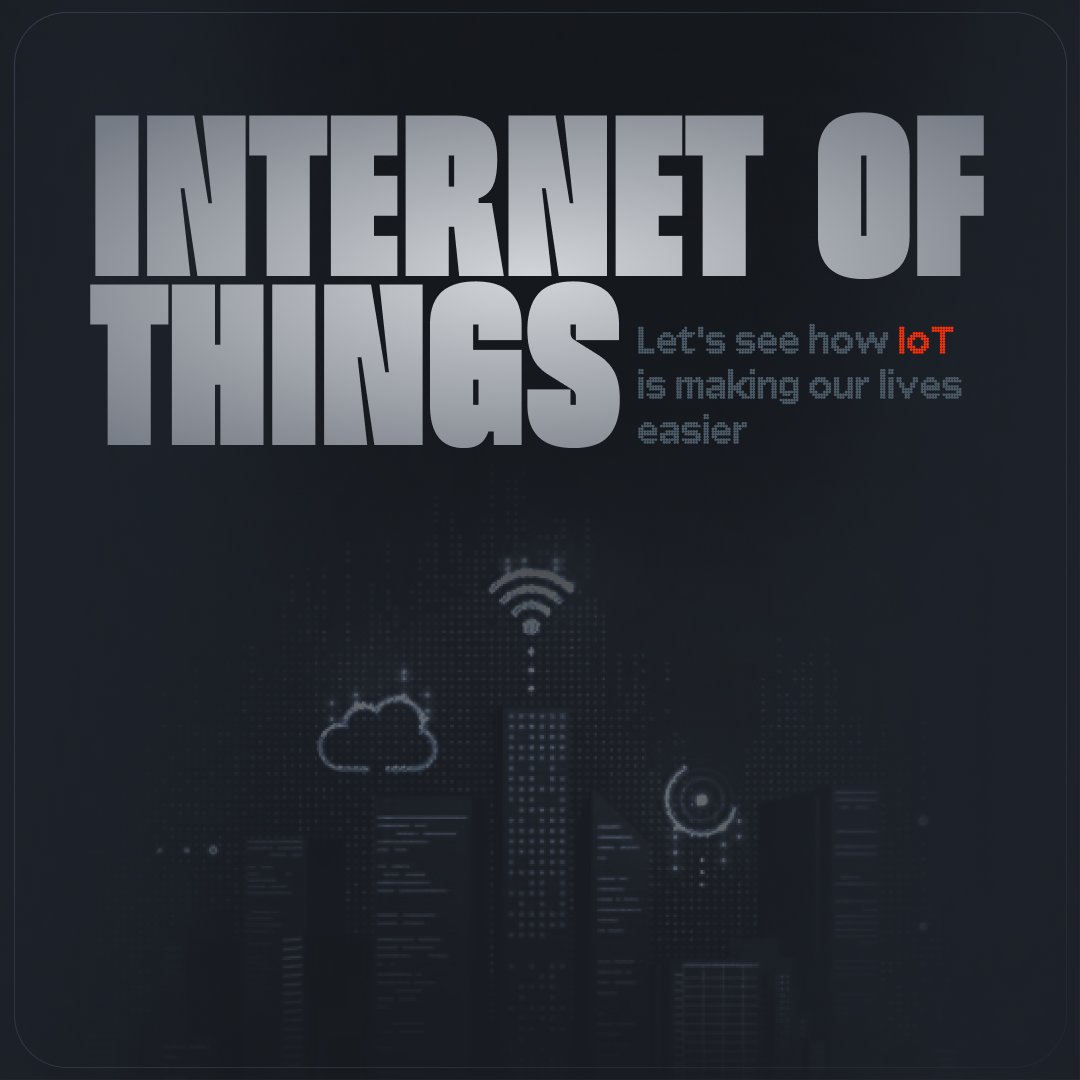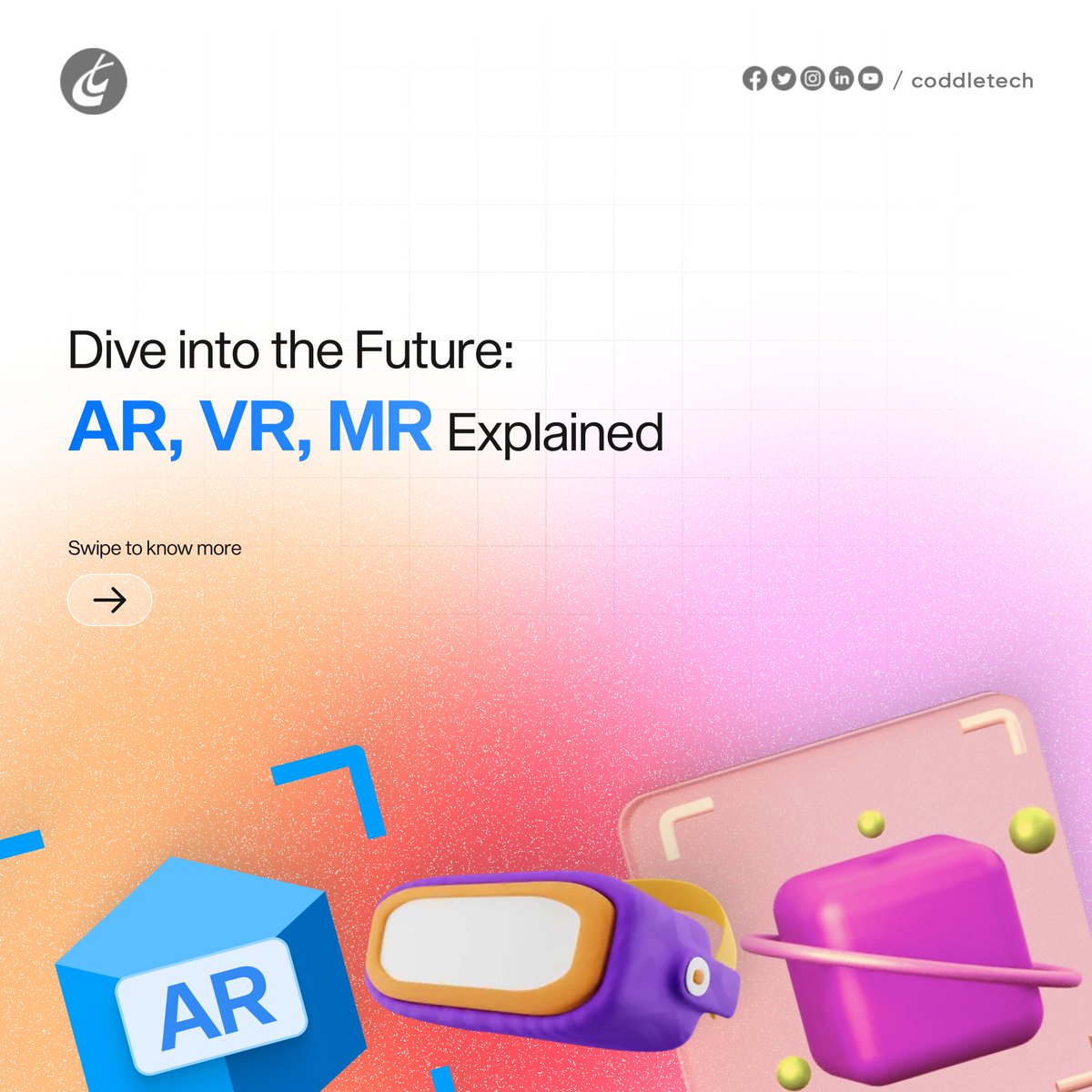The world of Web3 is buzzing with innovations, and one of the most exciting developments is DeSci, short for Decentralized Science. This movement aims to revolutionize the way scientific research is conducted, funded, and shared. By leveraging blockchain technology, DeSci seeks to create a more transparent, equitable, and collaborative scientific ecosystem. In this guide, we will explore what DeSci is, its potential benefits, and how it fits into the broader Web3 landscape.
What is DeSci?
Decentralized Science (DeSci) is an emerging movement that applies the principles of decentralization, commonly associated with blockchain and Web3 technologies, to the field of scientific research. The core idea is to decentralize the entire scientific process, from funding and experimentation to peer review and publication, using blockchain's transparency and security features. This approach aims to address several long-standing issues in the scientific community, such as funding bottlenecks, publication biases, and data accessibility.
Key Components of DeSci
Decentralized Funding:
Traditional scientific research often relies on grants from government agencies or private institutions, which can be limited and competitive. DeSci introduces decentralized funding mechanisms, such as crowdfunding and token-based systems, where researchers can raise funds directly from the global community. This democratizes access to resources and encourages more diverse research projects.
Transparent Data Sharing:
One of the main tenets of DeSci is the transparent and open sharing of research data. Using blockchain technology, researchers can store and share their data on a public ledger, ensuring it is accessible, immutable, and tamper-proof. This fosters collaboration and allows for more robust validation and replication of scientific findings.
Decentralized Peer Review:
The traditional peer review process is often criticized for being opaque and slow. DeSci proposes a decentralized peer review system where reviewers are selected from a global pool of qualified experts. Reviews are conducted openly on the blockchain, providing transparency and accountability, and reducing biases and conflicts of interest.
Open Access Publishing:
Many scientific journals operate on a paywall model, limiting access to research findings. DeSci promotes open access publishing, where research papers are freely available to anyone. Blockchain can help manage intellectual property rights and ensure authors are fairly compensated through mechanisms like smart contracts.
Benefits of DeSci
Increased Accessibility:
By breaking down financial and institutional barriers, DeSci makes scientific research more accessible to a wider audience, including researchers from underfunded regions and independent scientists.
Enhanced Collaboration:
Open and transparent data sharing encourages collaboration across disciplines and geographies. Researchers can build on each other’s work more effectively, accelerating scientific progress.
Improved Trust and Integrity:
Blockchain’s immutable nature ensures that all data and transactions are recorded transparently and cannot be altered. This increases trust in the research process and helps combat issues like data manipulation and fraud.
Greater Funding Opportunities:
Decentralized funding platforms provide researchers with new avenues to secure financial support, reducing dependency on traditional grant systems and fostering a more diverse range of research projects.
How DeSci Fits into the Web3 Landscape
DeSci is a natural extension of the Web3 ethos, which emphasizes decentralization, transparency, and user empowerment. Web3 technologies like blockchain, decentralized finance (DeFi), and non-fungible tokens (NFTs) are already transforming industries from finance to art. DeSci applies these innovations to the scientific community, aiming to create a more open and equitable ecosystem.
Integration with DeFi:
DeFi platforms can facilitate decentralized funding for scientific research. For instance, researchers can issue tokens representing shares in their projects, allowing backers to invest and potentially benefit from future discoveries.
Use of NFTs:
NFTs can be used to represent ownership of unique research outputs, such as datasets, methodologies, or even entire research papers. This provides a new way to monetize and share scientific work while ensuring proper attribution and intellectual property management.
Interoperability with Other Web3 Projects:
DeSci initiatives can collaborate with other Web3 projects to enhance their functionalities. For example, a DeSci platform might integrate with a decentralized storage solution to securely store research data or use decentralized identity systems to verify the credentials of researchers and reviewers.
Challenges and Future Directions
While DeSci holds great promise, it also faces several challenges. These include technical hurdles related to blockchain scalability, regulatory uncertainties, and the need for widespread adoption within the scientific community. Moreover, transitioning to a decentralized model requires a cultural shift in how scientific research is perceived and conducted.
To overcome these challenges, continued innovation and collaboration are essential. As DeSci platforms mature and demonstrate their value, they will likely gain more acceptance and support from researchers, institutions, and policymakers.
Conclusion
Decentralized Science (DeSci) is poised to transform the scientific landscape by leveraging the power of Web3 technologies. By decentralizing funding, data sharing, peer review, and publishing, DeSci aims to create a more transparent, equitable, and collaborative scientific ecosystem. While there are challenges to overcome, the potential benefits of DeSci make it an exciting development in the world of Web3. As this movement grows, it will be fascinating to see how it shapes the future of scientific research and discovery.
























































